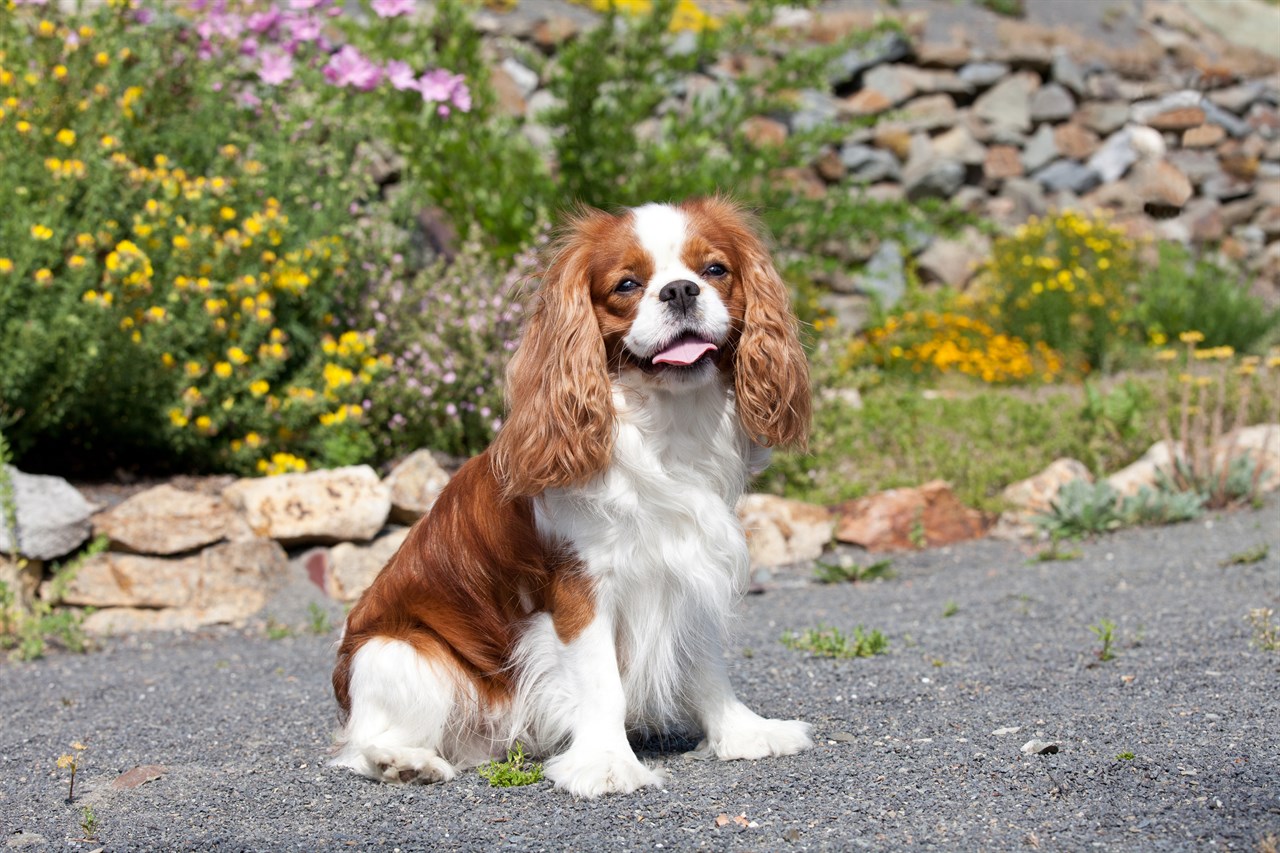The Trainability of the Cavalier King Charles Spaniel

The Cavalier King Charles Spaniel is often praised for its trainability, thanks to its intelligent and eager-to-please nature. These dogs tend to excel in various forms of training, making them a popular choice for both novice and experienced dog owners. However, like any breed, there can be individual variations in trainability.
Are Cavaliers Easy to Train?
Cavalier King Charles Spaniels are generally considered easy to train. Their high intelligence and desire to please their owners make them quick learners. They are responsive to positive reinforcement methods, such as praise, treats, and play, which can help motivate them during training sessions.
Their affectionate and gentle temperament also means they are less likely to be stubborn or resistant during training. This makes them suitable for a wide range of training activities, including basic obedience, agility, and even therapy work.
Are Cavaliers Hard to Train?
While Cavaliers are generally not considered difficult to train, some individuals may pose specific challenges. The key to successful training lies in patience, consistency, and using positive reinforcement methods.
Here are a few factors to consider when it comes to training Cavaliers:
- Sensitivity: Cavaliers can be sensitive to harsh training methods or scolding. Using positive reinforcement and gentle corrections works best with this breed.
- Distraction: Due to their social nature, Cavaliers may become easily distracted by other people or dogs during training. It's essential to choose a quiet, low-distraction environment when starting training.
- Puppy Energy: Like all puppies, young Cavaliers may have shorter attention spans. Frequent, short training sessions are often more effective than long, tiring ones.
- Consistency: Consistency in commands and rewards is vital. Mixed signals can confuse Cavaliers and slow down the training process.
In summary, while Cavaliers are generally easy to train, it's essential to adapt your training approach to your dog's personality and needs. With patience, positive reinforcement, and consistent training, you can help your Cavalier become a well-behaved and obedient companion.
How Much Exercise Does a King Charles Spaniel Need?
Cavalier King Charles Spaniels have moderate exercise requirements, but they do need regular physical activity to stay happy and healthy. The amount of exercise they need can vary based on age, individual energy levels, and overall health. Here are some general guidelines:
- Puppies: Young Cavaliers have plenty of energy and may benefit from several short play sessions and walks throughout the day. They should have safe spaces to run and play.
- Adults: Adult Cavaliers typically need about 30 to 60 minutes of exercise per day. This can include brisk walks, playtime in a secure yard, and interactive games.
- Seniors: Older Cavaliers may require less exercise, but it's still important to keep them active to maintain their overall health. Adjust the duration and intensity of exercise to match their needs.
It's important to remember that Cavaliers are social dogs and enjoy spending time with their owners. Exercise should be combined with mental stimulation and social interaction to keep them mentally and emotionally fulfilled. Failure to provide adequate exercise and mental engagement can lead to behavioural issues.
In conclusion, the trainability of the Cavalier King Charles Spaniel makes them an excellent choice for families and individuals seeking an obedient and well-mannered companion. With the right approach to training and exercise, these dogs can thrive in a variety of environments and provide years of loyal and loving companionship.
Cavalier King Charles Spaniel puppies for sale
- Find Cavalier King Charles Spaniel puppies for sale in ACT
- Find Cavalier King Charles Spaniel puppies for sale in NSW
- Find Cavalier King Charles Spaniel puppies for sale in NT
- Find Cavalier King Charles Spaniel puppies for sale in QLD
- Find Cavalier King Charles Spaniel puppies for sale in SA
- Find Cavalier King Charles Spaniel puppies for sale in TAS
- Find Cavalier King Charles Spaniel puppies for sale in VIC
- Find Cavalier King Charles Spaniel puppies for sale in WA